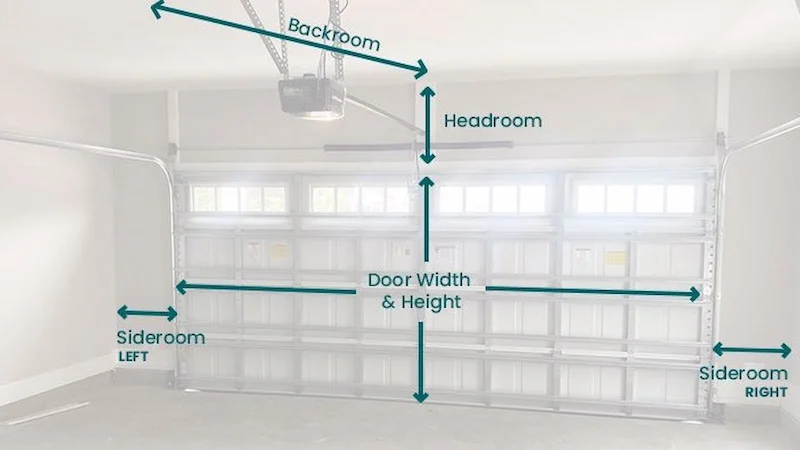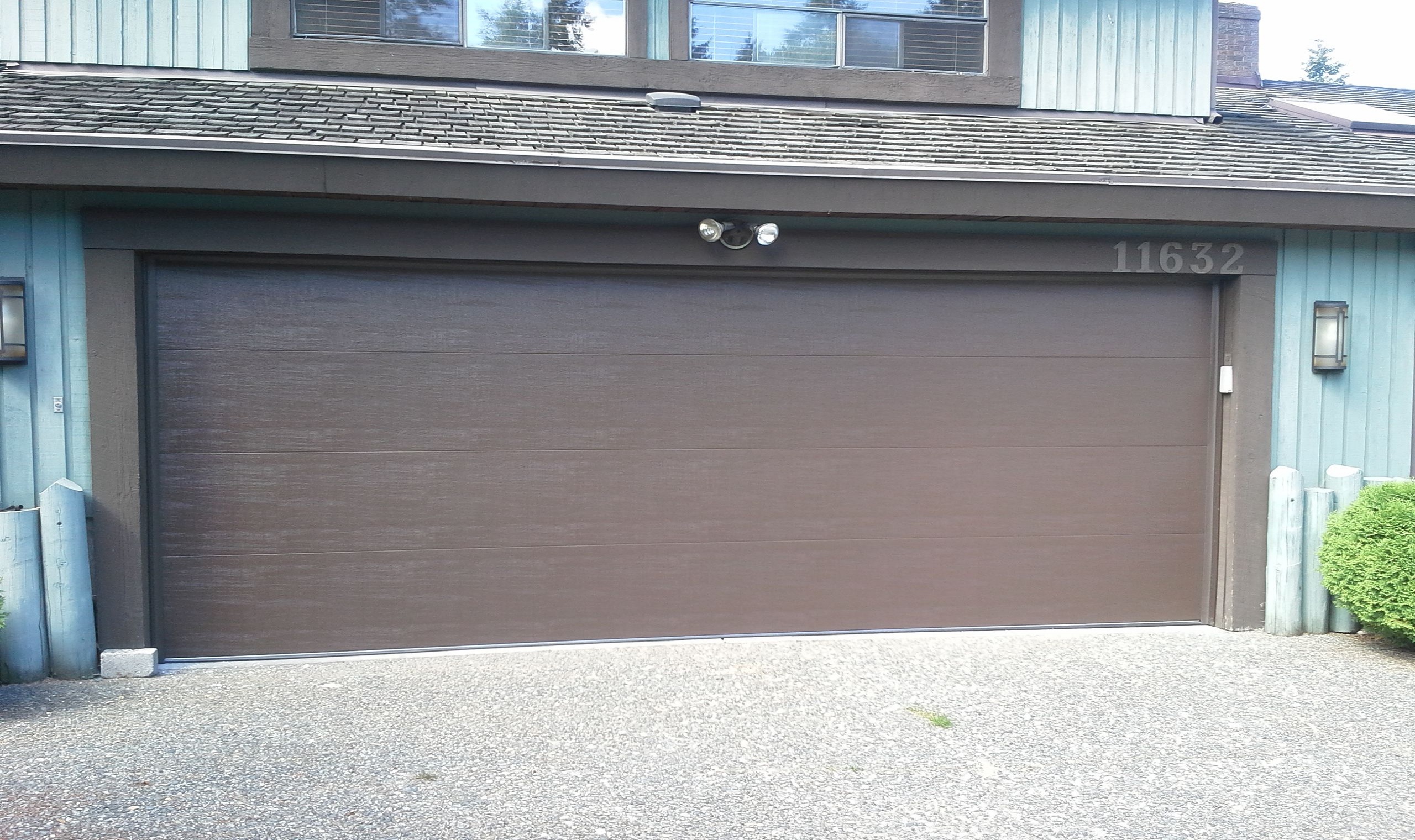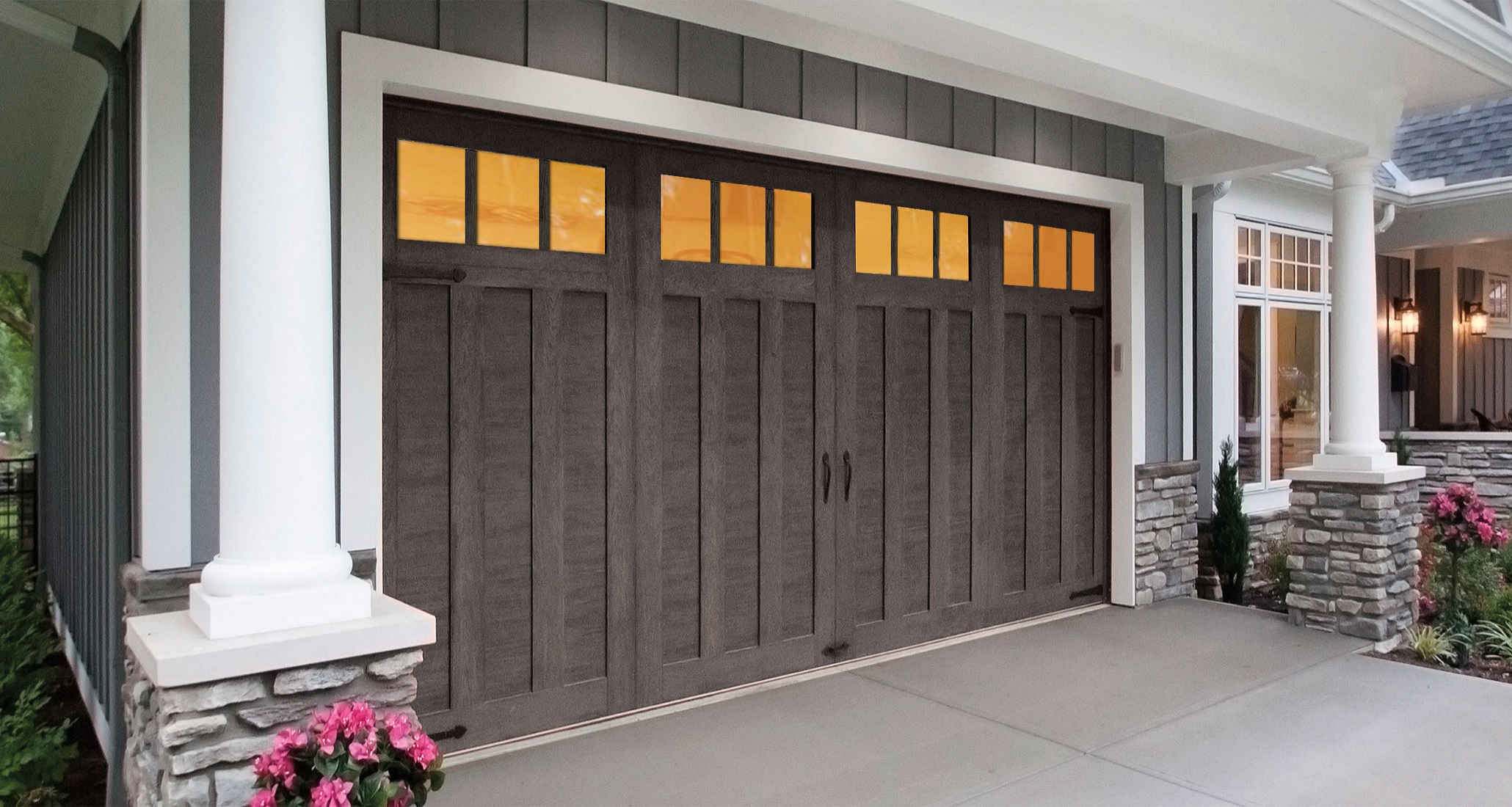When it comes to garage doors, one detail often overlooked by homeowners is the standard garage door height. Choosing the right height is more than just a matter of aesthetics—it directly impacts the functionality of your garage, vehicle clearance, and even the overall value of your home. Understanding standard garage door dimensions ensures you make an informed decision that will serve your household for years to come.
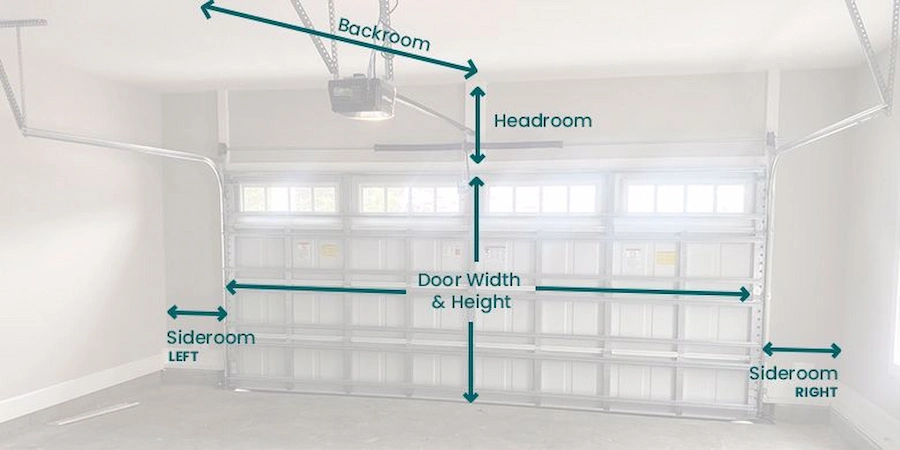
Content
Understanding Standard Garage Door Heights
Most residential garages come with doors that fall into standard height ranges. In the United States, the typical garage door height is 7 feet, although 8-foot garage doors are becoming increasingly popular. The 7-foot door is ideal for average sedans, SUVs, and light trucks, while an 8-foot door provides extra clearance for taller vehicles, such as vans, trucks, or vehicles with roof racks.
Key Points About Standard Garage Door Heights:
- 7-foot garage door: Commonly installed in older homes or traditional garages. Works well for most vehicles.
- 8-foot garage door: Offers additional clearance and easier access for larger vehicles. Increasingly popular in modern homes.
- Custom heights: Homeowners with oversized vehicles or unique garage designs may opt for custom garage door heights to ensure comfort and functionality.
Tip: Always consider the tallest vehicle you own and add a few inches of extra clearance to prevent scraping or damage.
Factors Influencing Garage Door Height Selection
Choosing the right garage door height depends on multiple factors beyond just your current vehicles.
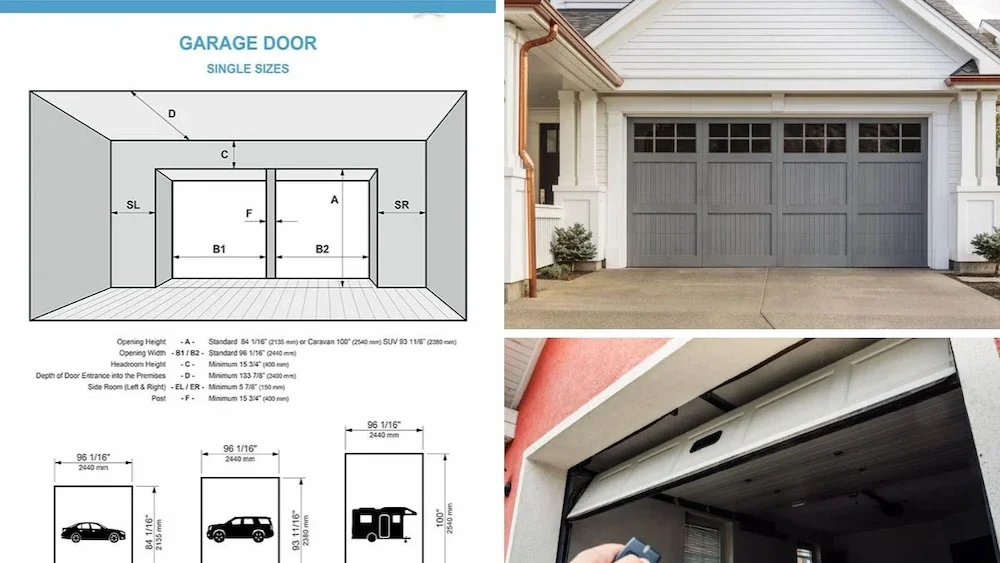
1. Vehicle Size and Type
If you drive a standard sedan, a 7-foot garage door height might suffice. However, if your household includes SUVs, vans, or trucks, an 8-foot height is safer.
2. Future-Proofing Your Garage
Even if you don’t currently own a tall vehicle, installing a slightly taller garage door can save you from costly adjustments in the future.
3. Storage and Garage Functionality
Garages aren’t just for vehicles—they often double as storage or workshop spaces. A taller garage door provides extra vertical room, making it easier to install ceiling storage racks or lift systems.
How to Measure Your Garage Door Height
Accurate measurement is crucial when installing a new garage door. Here’s a simple guide for homeowners:
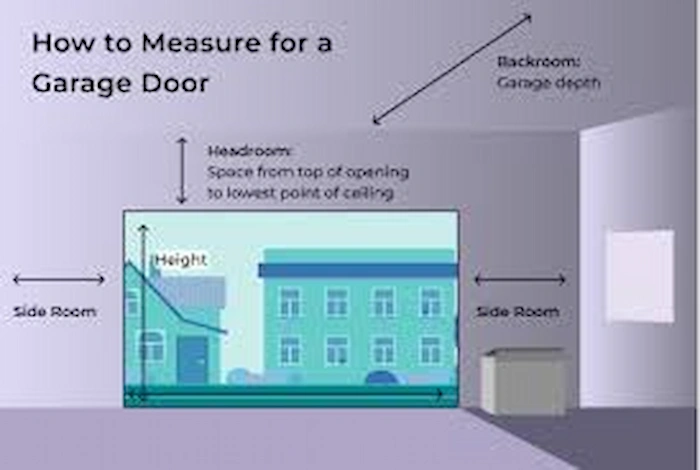
- Measure the vertical distance from the garage floor to the top of the opening.
- Measure the width to ensure your door will fit without interference.
- Consider the overhead space required for tracks, springs, and any automatic opener mechanisms.
Using these measurements ensures your garage door will function smoothly and accommodate your vehicles comfortably.
Real-Life Case Study: The Johnson Family
The Johnson family recently moved into a suburban home with a standard 7-foot garage door. Their SUV barely fit, and their roof racks often scraped the top of the door. After consulting a garage door expert, they decided to upgrade to an 8-foot garage door.
Results:
- Vehicles cleared easily without worrying about scratches.
- Extra vertical space allowed for ceiling-mounted storage racks.
- Increased curb appeal and perceived home value, which they noted when selling their house two years later.
This case shows how the right garage door height can solve practical problems while adding long-term value to your property.
Custom Garage Door Heights
Sometimes, standard garage door heights aren’t enough. Custom doors can accommodate oversized vehicles or unique garage layouts. While more expensive, they offer flexibility and functionality that standard doors cannot match.
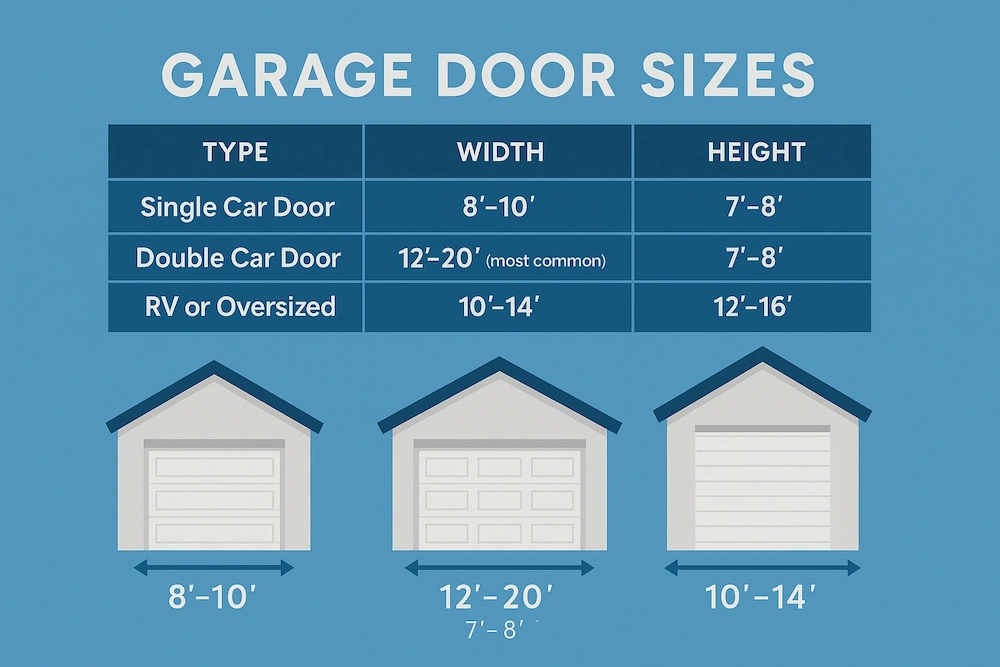
Pros of Custom Heights:
- Tailored to specific vehicle dimensions.
- Allows for specialized garage storage or workshop setups.
- Enhances the overall look of the home if integrated into the exterior design.
Cons:
- Higher installation cost.
- May require custom parts for openers and tracks.
Impact of Garage Door Height on Home Value
Your garage door height doesn’t just affect vehicles—it can influence curb appeal and home resale value. Homes with taller, modern garage doors are often perceived as more spacious and accommodating.
Quick Facts:
- Modern homes often prefer 8-foot garage doors for visual symmetry and added functionality.
- Homes with standard doors may require modifications by buyers, potentially affecting sale negotiations.
Choosing the right height upfront is a small investment that can pay off in comfort, safety, and resale value.
Conclusion
Selecting the correct standard garage door height is a crucial step for homeowners. Whether you choose the traditional 7-foot door, a taller 8-foot door, or even a custom height, the key is to align your choice with vehicle needs, future considerations, and overall garage functionality.
By understanding garage door dimensions, measuring accurately, and considering real-life use cases like the Johnson family, homeowners can avoid common issues, enhance storage options, and even increase their property’s value.
FAQs
What is the standard garage door height for single-car garages?
Most single-car garages use a 7-foot garage door height, though 8-foot doors are common for taller vehicles.
Can I install a custom garage door height?
Yes, custom garage door heights are possible for oversized vehicles or unique garage layouts.
How do I measure my garage door height accurately?
Measure from the floor to the top of the opening and account for overhead space for tracks and openers.
Does garage door height affect home value?
Taller doors, like 8-foot garage doors, can enhance curb appeal and may increase resale value.

Meet Rodney, our garage guru. With a wrench in one hand and a can-do attitude in the other, he’s your go-to expert for all things repair and replacement.

